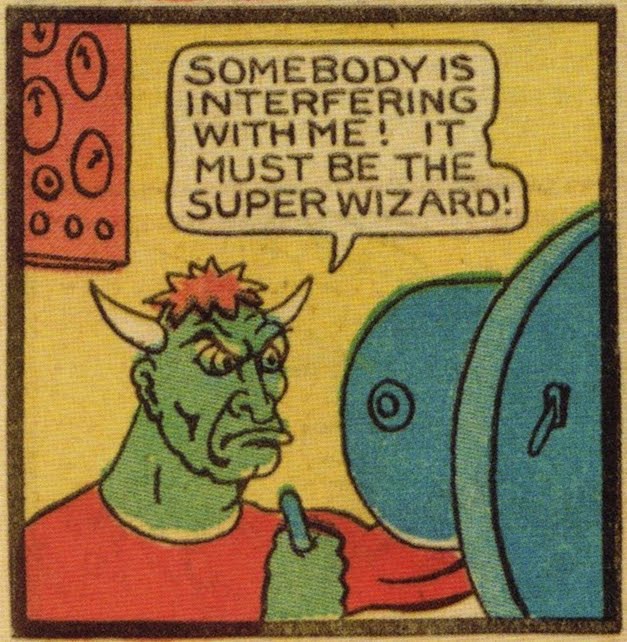I think Boing Boing clears it up:
Much much more at the link.Mention the word "voguing" to people, and generally their first reaction will be "strike a pose, there's nothing to it". A dance fad made popular by Madonna in the early Nineties but invented in the New York City gay underground years before, voguing faded into obscurity as quickly as it popped into the mainstream. It's good for nostalgic giggles, though: we've all seen that clip of "Vogue Boy" voguing in a shopping mall. But what if I were to tell you—like a big, gay Morpheus—that vogue was not a short-lived fad? Voguing is now part of a complex, diverse, fully-formed and constantly evolving underground culture called ballroom.
To be clear, "ballroom" takes it name from the venues in which the "ball" events take place, and is not to be confused with the "strictly" kind of ballroom. Like hip hop, ballroom encompasses many different elements of artistic expression, from music and language to clothes and design, and, of course, dance. It deals directly with some of society's most controversial issues, namely sexuality, race, class, gender roles and expression, beauty modes, self-definition and competition. It doesn't do this in the polemical style we may be used to from punk and political hip-hop, however, where topics are theorised and discussed. In ballroom these issues are lived and experienced, as a vast number of those taking part in this underground scene are transgender, working class, people of colour.
Ballroom includes society's most marginalised: minorities within minorities within minorities, for whom voguing and ballroom culture is an important resource. In a world where they have been rejected, ballroom not only accepts these people for who they are, it celebrates them, in a variety of unique and different categories. The competitive, prize-winning aspect of ballroom gives some participants a sense of worth lacking in the "real" world (not to mention money), and the familial structure of the "houses"—mother, father, sister, brother—often acts as a real surrogate, as many in this world have been disowned by their biological families.
Here, voguing is not just a dance, and ballroom is not just a genre. It's a way of life that brings pride, peer recognition and self-respect. The genre of music is one thing, but the culture which surrounds it is another; and both are intricately tied into one another.


1 comment:
some of society's most controversial issues, namely sexuality, race, class, gender roles and expression, beauty modes ...
Did not know that "beauty modes," whatever they may be, were one of society's most controversial issues.
Post a Comment